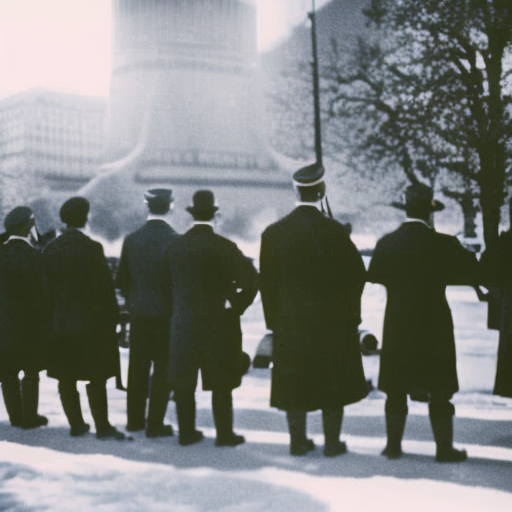Summary: Proclamation of the Republic
The Proclamation of the Republic refers to the historic event that took place on October 5, 1910, in Portugal, marking the end of the monarchy and the establishment of a republican government. This event was a culmination of years of political and social unrest, as well as the influence of republican ideals spreading throughout Europe.
Background
Portugal had been ruled by a constitutional monarchy since 1834, with King Dom Carlos I as the reigning monarch. However, the monarchy faced numerous challenges, including economic crises, political corruption, and a growing dissatisfaction among the population. Additionally, the influence of republican movements in neighboring countries, such as France and Spain, inspired Portuguese intellectuals and activists to advocate for a change in the political system.
Republican Movement
The republican movement in Portugal gained momentum in the late 19th and early 20th centuries. Republican ideals, such as the abolition of the monarchy, the establishment of a democratic government, and social reforms, appealed to a broad range of intellectuals, middle-class professionals, and workers. Republican newspapers and associations played a crucial role in spreading these ideas and organizing protests against the monarchy.
The Regicide of 1908
The regicide of King Dom Carlos I and his heir, Crown Prince Luís Filipe, on February 1, 1908, was a pivotal event that further fueled the republican cause. The assassinations shocked the nation and exposed the vulnerability of the monarchy. The public outcry against the monarchy intensified, leading to increased support for the republican movement.
The Revolution of 1910
On October 3, 1910, a group of military officers and civilians formed the Republican Party and launched a revolution against the monarchy. The revolutionaries aimed to establish a democratic republic and bring an end to the monarchy’s rule. The revolution began in the city of Porto and quickly spread to other major cities, including Lisbon.
Proclamation of the Republic
On October 5, 1910, the revolutionaries successfully overthrew the monarchy and proclaimed the Republic of Portugal. The republican leaders, including Teófilo Braga and Bernardino Machado, played significant roles in the establishment of the new government. King Manuel II, who had succeeded his father after the regicide, was forced into exile.
Impact
The Proclamation of the Republic brought significant changes to Portugal. The new republican government implemented a series of reforms, including the separation of church and state, the introduction of universal suffrage, and the promotion of secular education. The republic also aimed to modernize the country’s infrastructure and economy.
However, the transition to a republic was not without challenges. Political instability, economic difficulties, and social unrest persisted throughout the early years of the republic. The new government faced opposition from conservative factions, as well as ongoing conflicts with former colonies, such as Angola and Mozambique.
Legacy
The Proclamation of the Republic marked a turning point in Portuguese history. It ended centuries of monarchy and established a more democratic and secular political system. The republic endured until 1926 when a military coup led to the establishment of a military dictatorship. Nevertheless, the ideals of the republic continued to inspire future generations of Portuguese politicians and activists, shaping the country’s political landscape in the years to come.
In conclusion, the Proclamation of the Republic in Portugal in 1910 marked the end of the monarchy and the establishment of a republican government. The republican movement, fueled by social and political unrest, gained momentum and culminated in a revolution that overthrew the monarchy. The proclamation brought significant changes to Portugal, including political reforms and a push for modernization. Although the republic faced challenges, its legacy continued to shape Portuguese politics in the years that followed.












